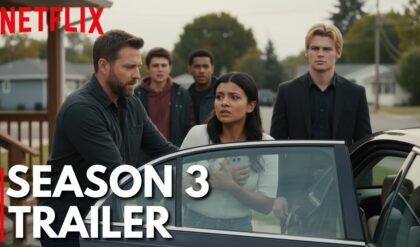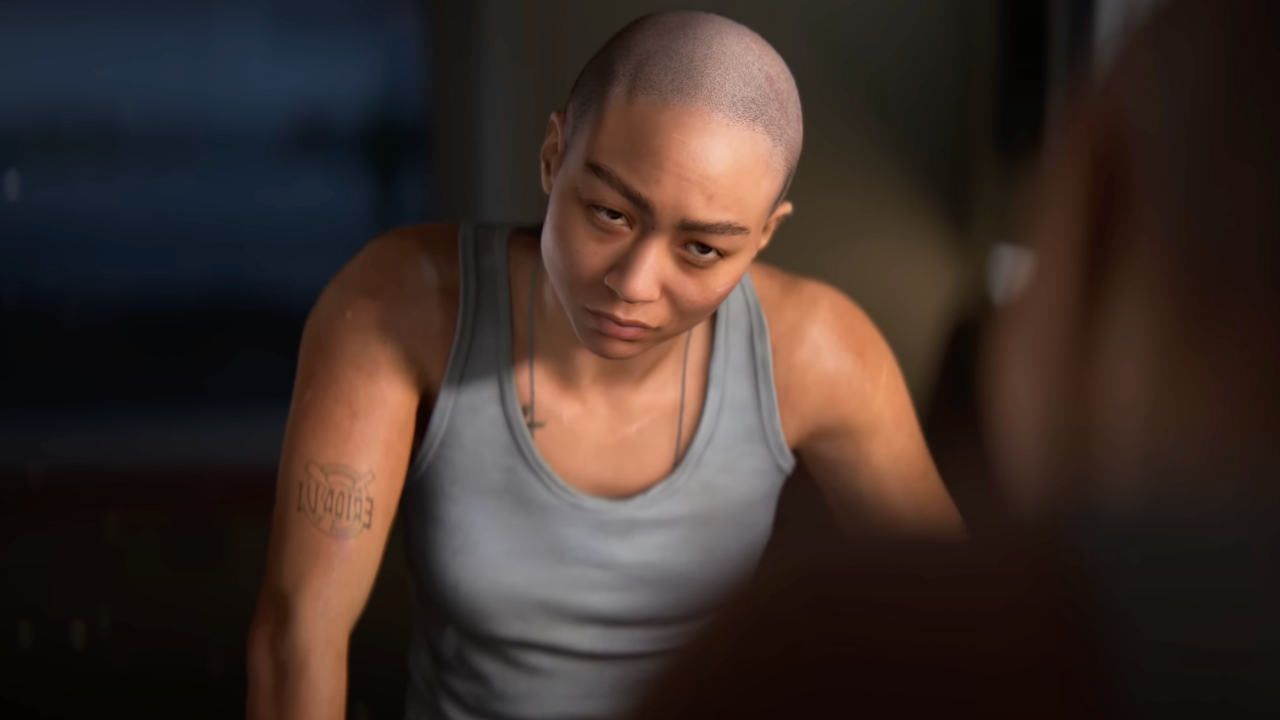
The gaming community has erupted in response to a recent social media attack by Tati Gabrielle, the lead actress of Naughty Dog’s latest title, Intergalactic: The Heretic Prophet. Gabrielle has come under fire after responding dismissively to fan backlash at her game’s trailer, sparking further controversy around its less-than-stellar reception.
Tati Gabrielle who plays Jordan in Intergalactic: The Heretic Prophet via her Instagram stories 😂😂
“You mad bro?” pic.twitter.com/s4x964fXJi
— DomTheBomb (@DomTheBombYT) December 22, 2024
On her personal social media, the outspoken activist actress shared fan-made artwork depicting her character alongside Ciri from The Witcher series. The image featured the characters enjoying drinks labeled “Fragile Masculini-Tea” with the phrase “So DEI-licious.”
Accompanying the artwork was Gabrielle’s provocative comment, “You mad bro?” This gesture has been widely criticized as obnoxious and dismissive of genuine gamer concerns.
I’m not mad.. I’m just not buying the game… and that will have zero impact on my life.
— Steve (@StratOvan1969) December 23, 2024
Gabrielle has a history of incendiary activist comments and is a vocal proponent of DEI in gaming and Hollywood.
When speaking with The List in 2023, Gabrielle doubled down on the false assertion that in order to identify with a character, a child must look exactly like them.
“The networks can listen more to the fans and pander more to them by listening [and] understanding that when they’re shouting their outrage toward things, it’s not just because they want to be bratty and they want to be whatever, [but] they want to be represented properly,” she said. “They want to see themselves. We all watch movies as children and [find] a piece of [ourselves in] a character, and that’s what [gives] us inspiration or hope for our own future. If they listen a little bit more, we can go a lot further.”
This mentality spits in the face of universal characters who embody intangible morals like heroism or a devotion to family. It essentially states that human beings can only relate to those who look exactly like them. This mentality only divides humanity further, siloing us all off from one another and ignoring the idea of shared experiences.
For the sake of the game, she should not be doing this. It never goes over well when people attached to a project spit in the faces of potential customers.
— Dialga Marine (@DialgaMarine92) December 23, 2024
The backlash against Gabrielle’s social media post stems from broader dissatisfaction within the gaming community regarding the game’s direction and marketing.
Many gamers feel that Intergalactic: The Heretic Prophet will be just the latest game to prioritize diversity, equity, and inclusion (DEI) initiatives at the expense of engaging gameplay and storytelling. Critics argue that the game’s “girlboss” themes do not resonate with its intended audience, leading to a disconnect between developers and players.
While another studio might have received the benefit of the doubt, Naughty Dog is firmly in the crosshairs of angry gamers after it turned its zombie survival series The Last of Us into just another girlboss adventure in The Last of Us Part 2. The game discarded Joel, the first title’s protagonist in favor of Abby, a huge buff woman with a square jaw.
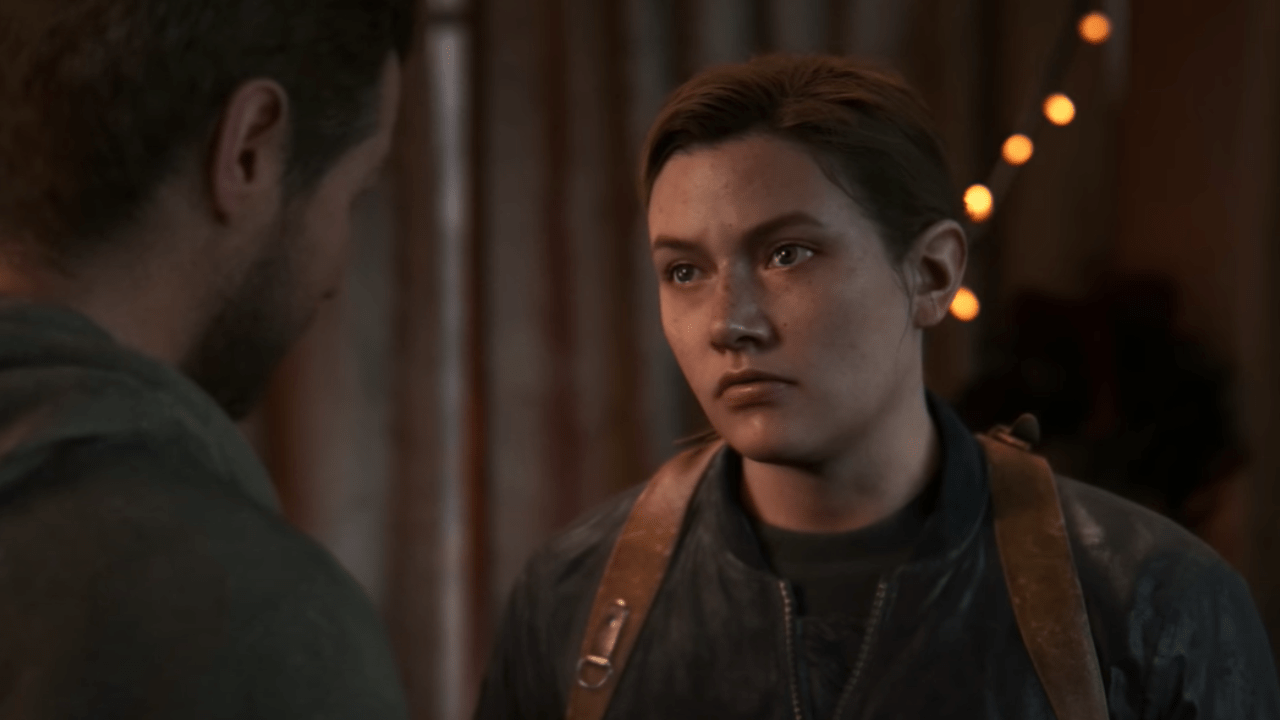
Abby in The Last of Us Part II (2020), Naughty Dog
Not only was Joel discarded, but Naughty Dog made it seem through the promotion of the game that he was alive and a major part of the story. Activist developer Neil Druckmann and his team went as far as to create fake scenes in the trailer that showed Joel taking part in story beats that come later in the game.
When gamers voiced their dissatisfaction at the way such an iconic character was treated, Druckmann responded with hostility and condescension.
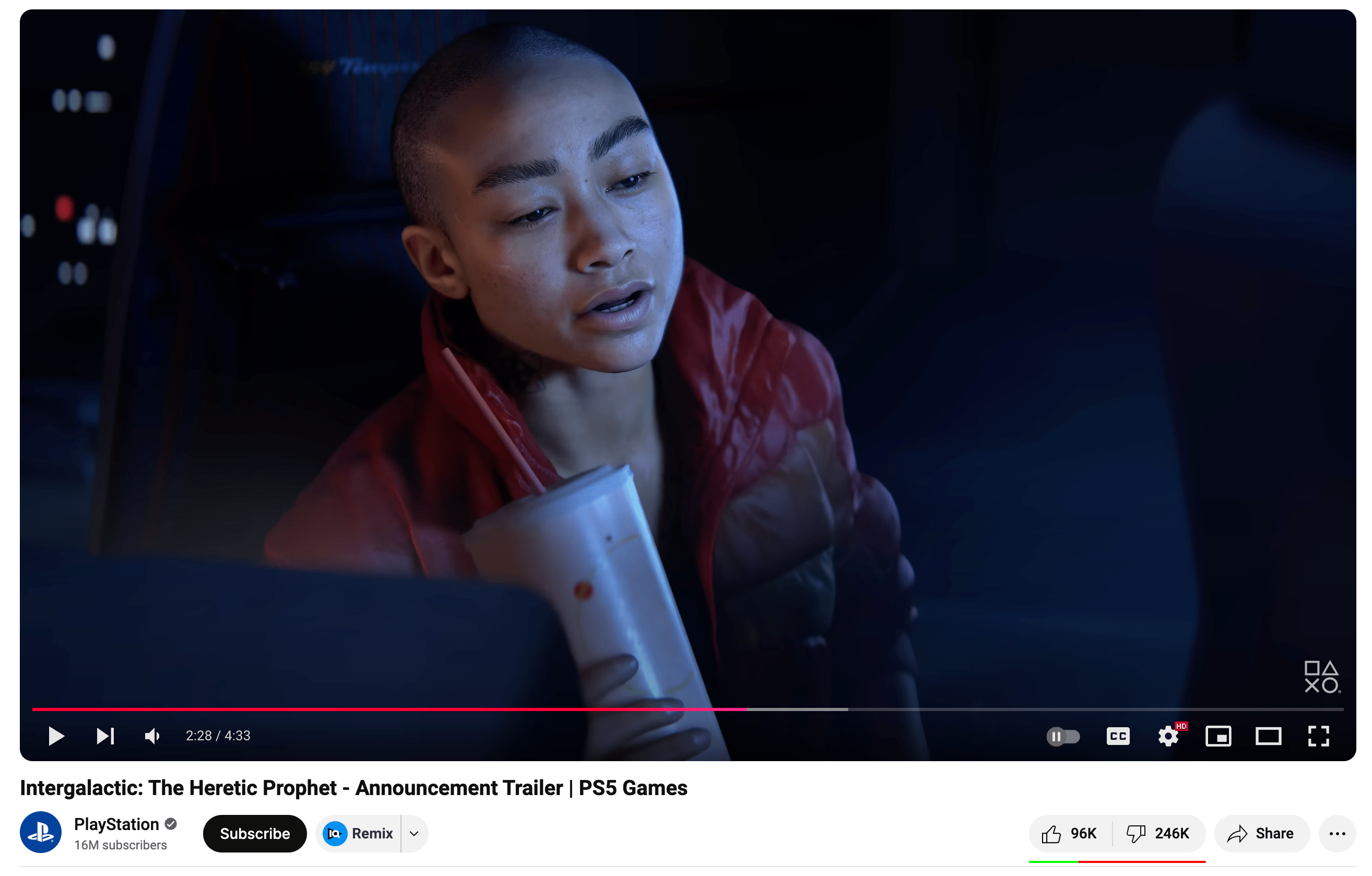
The trailer dislike ratio for Intergalactic: The Heretic Prophet on YouTube – YouTube, PlayStation
Gamer sentiments were reflected in Intergalactic’s trailer reception, which has garnered an overwhelming 246,000 dislikes compared to just 96,000 likes as of this writing.
Such a disparity gives voice to the significant portion of the community that feels alienated by the current approach of Naughty Dog and other AAA game studios.
In response to the intense negative feedback they knew was coming, Naughty Dog made the decision to pre-emptively disable the comments section on its promotional materials ahead of release.
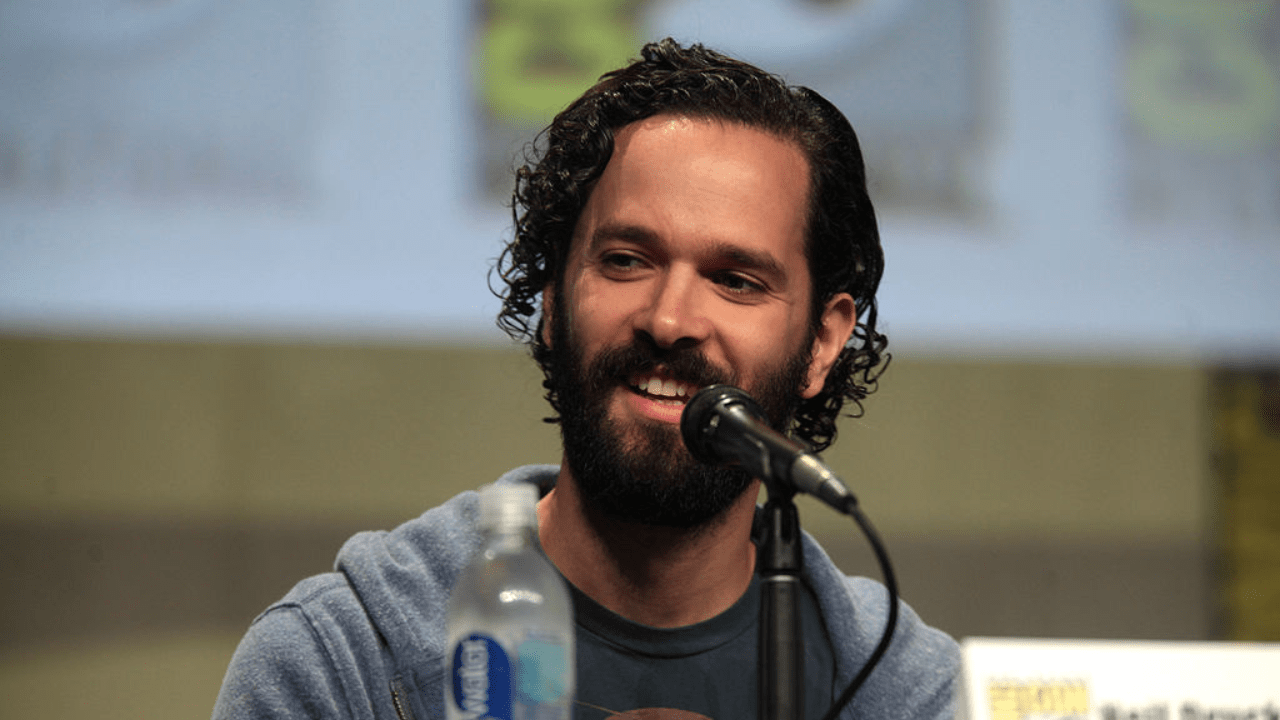
Neil Druckmann speaking at the 2014 San Diego Comic Con International, for “The Last of Us”, at the San Diego Convention Center in San Diego, California. Photo Credit: Gage Skidmore from Peoria, AZ, United States of America, CC BY-SA 2.0 <https://creativecommons.org/licenses/by-sa/2.0>, via Wikimedia Commons
The situation with Intergalactic: The Heretic Prophet isn’t isolated. Similar frustrations have been voiced regarding CD Projekt Red’s decision to replace the beloved character Geralt with his surrogate daughter Ciri in the upcoming Witcher 4. Fans of the series have expressed that such changes disrupt the established lore and character dynamics that have been central to the franchise’s success.
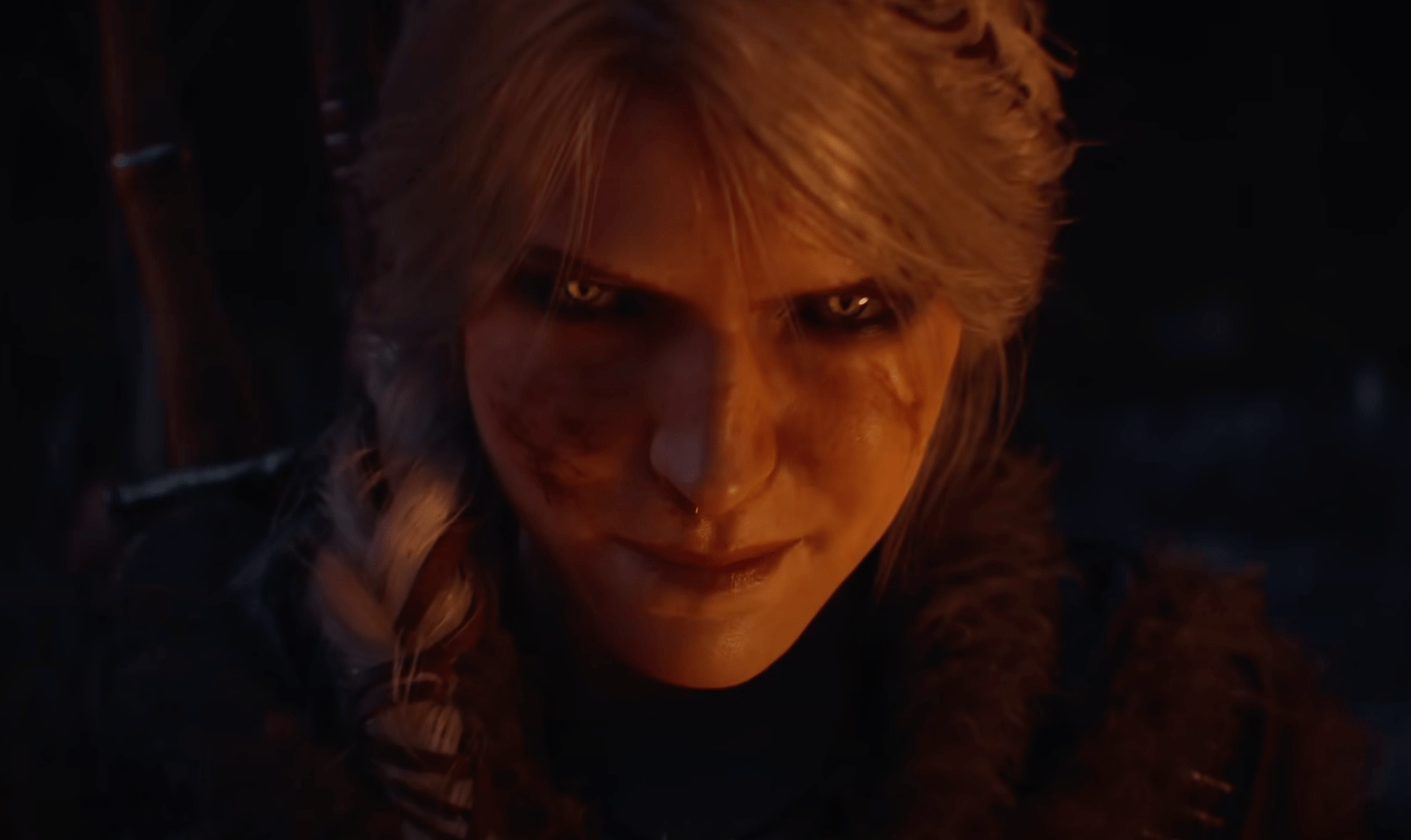
Ciri as a witcher in The Witcher 4 – YouTube, IGN
However, developer CDPR and the gaming media simply labeled them sexist and ignored their complaints.
At the heart of all this controversy is the belief that gamers have a legitimate right to voice their opinions about the products marketed to them. As consumers, they’re allowed to voice displeasure and vote with their wallets regarding upcoming products without getting mocked online by sensitive so-called “creatives” and performers.
When developers and actors respond dismissively, as Gabrielle did with her “You mad bro?” comment, it exacerbates tensions and fosters a hostile environment.
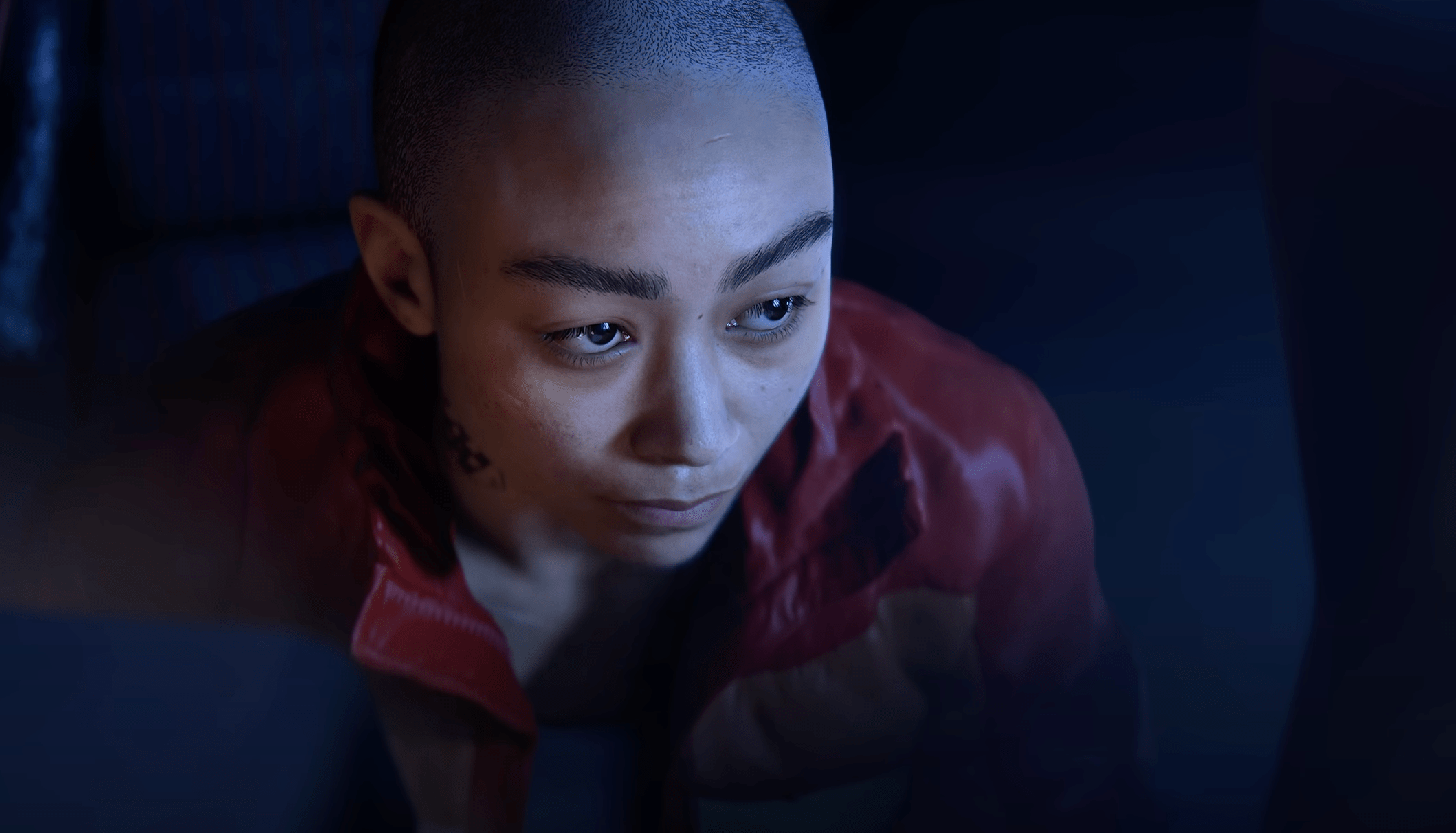
The main character for Intergalactic: The Heretic Prophet – YouTube, PlayStation
Constructive feedback is essential for the evolution of games, but it must be met with respect and openness from creators. After all, developers serve the wants and needs of the market, not themselves.
Tati Gabrielle’s recent actions have intensified the ongoing debate about the balance between DEI initiatives and audience engagement in the gaming industry. As the backlash against Intergalactic: The Heretic Prophet continues, it serves as a critical reminder that developers must listen to and respect their community to create successful and well-received games.
Do you think the Intergalactic actress was out of line? Will you be playing this game? Sound off in the comment section below and let us know!

